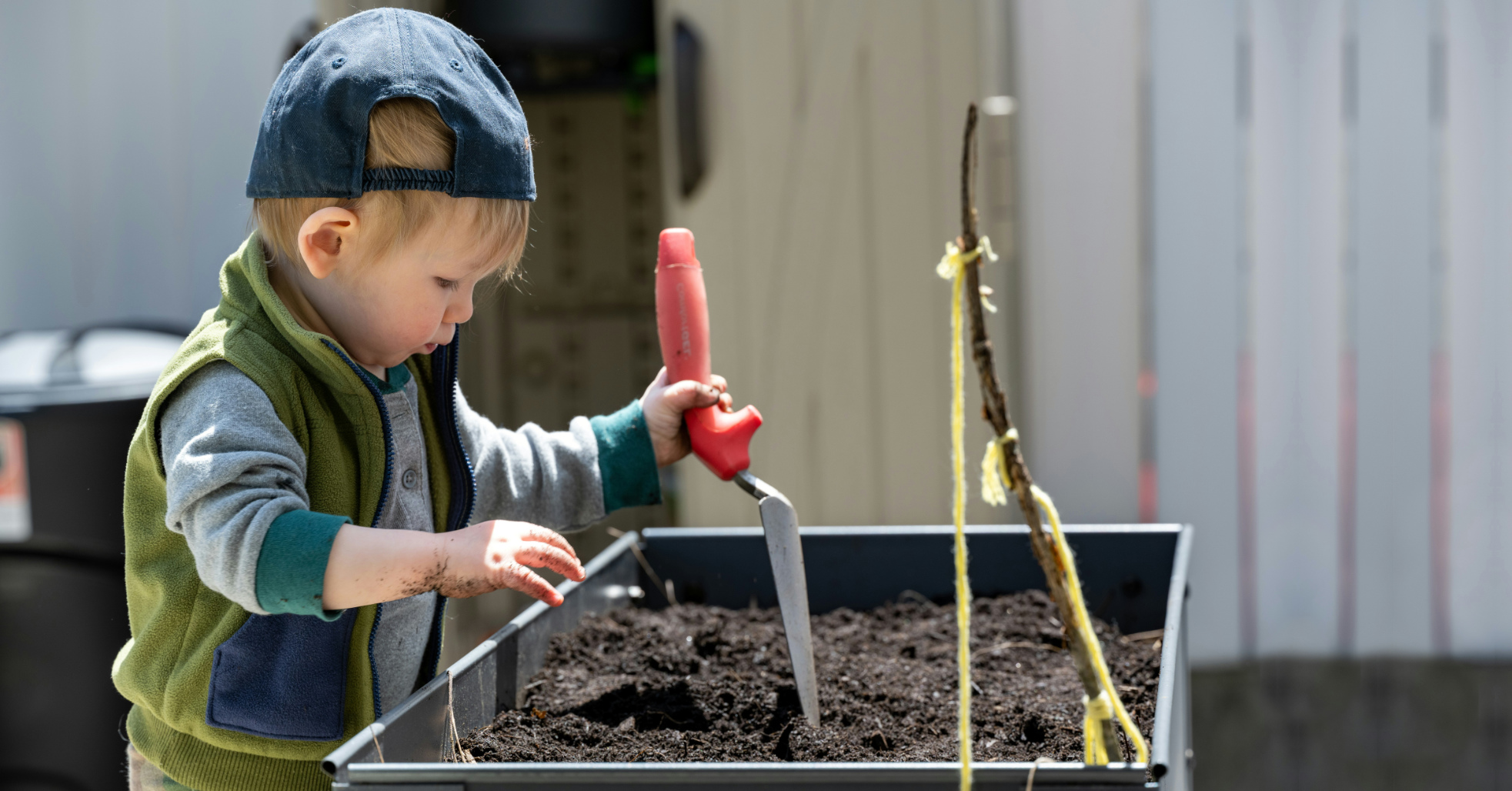“It is a bit like an airline pilot saying ‘why should I take passengers to places I disapprove of? I don’t think they should be going to Las Vegas [or wherever]. I think it would be best for them to go to Moscow [or wherever].’ A decent pilot does not make those sort of calculations. He would say that the passenger is the best judge of where he should go.”
– Sarah Fitz-Claridge
I had written:
“Furthermore, if you are a non-coercive parent, we would assume that your child can rely on you to help him to do what he wants to do (or to avoid doing what he doesn’t want to do) to the best of your ability.”
David M. replied:
“I’m not sure I understand the justification for this. In Popperian terms, how does it help the child’s truth-seeking if I conceal my disapproval, and collaborate in activities of which I disapprove, or even think harmful?”
Because you shouldn’t be disapproving so narrowly. You ought to think in terms of openness and the growth of knowledge rather than let your approval or disapproval ride on what particular theory is enacted by another person who is an individual with his own rights. It is a bit like an airline pilot saying “why should I take passengers to places I disapprove of? I don’t think they should be going to Las Vegas [or wherever]. I think it would be best for them to go to Moscow [or wherever].” No doubt for each particular passenger there is a destination that the pilot would think is best for that passenger, but a decent pilot does not make those sort of calculations. He would say that the passenger is the best judge of where he should go.
Why is agreement so important in truth-seeking?
Whilst “truth” does not mean “that which we agree upon”, what we agree on is the method of reaching the truth (that is—inching closer and closer towards it). Truth is not defined as what we agree on, because we might all be wrong, but if we disagree, then we know that at least one of us must not have the truth. If we all agree, we don’t know that. So in the Popperian scheme of things, where there is a disagreement, we should seek a solution which each party to the dispute genuinely prefers (hence the “common preference”—a preference common to all parties).
To answer your question more directly, I have always said that we should be giving our children information, and that we should not deny our children access to our own theories (for instance, that we think proposed activity X is dangerous for reasons A, B and C). But, if having given the child our best case against activity X, we and the child have still not reached agreement, then, given our fallibility, we have no reason to believe that we are right and the child wrong.
There are several reasons in such cases that I advocate not overriding the child’s wishes, and I’d rather elucidate these more carefully in a later posting, but I’ll just throw in an idea or two very briefly here.
Given society as it is, whatever our intentions, our children are in a very unequal power relationship with us, and they know it. If the child knows that in a crisis, we, the holders of the power, will override his wishes, he is unlikely to bother attempting to seek solutions or agreements to tough problems. If, conversely, he is confident that he is being accorded full status in these interactions (despite the currently unavoidable unequal power relationship), he is much more likely to put his mind to creative use to solve really tough problems or disagreements.
The conditions that seem necessary in the search for truth (or the growth of knowledge) include the following ideas:
- One is seeking truth (finding solutions to problems/disagreements, that it). If one is not trying to solve problems, it is highly unlikely that any solutions will be found. If you think at the start of any interaction that you already know the answer (you “disapprove” of X, think it “harmful” and do not want to “collaborate” in it), then you cannot be seeking truth (because you think you already have it).
- One is open to criticism. That means not having an entrenched preconceived idea of the outcome of any knowledge-building/problem-solving interaction. This is my criticism of most parents.
- Being open to criticism involves judging theories (including ideas, wishes, values, etc.) by their content, not by their source. The implication of this is that any entity (for example—child) capable of bringing an idea to the discussion should be accorded full “rights” in the decision-making process. Writing children off as not fully rational or something is judging a theory by its source rather than its content. In doing this, a parent is not open to the criticism represented by that child’s theory.
[Note added 2024: Statements like the above caused some unfortunate misunderstandings, so be sure to read these more recent posts: Taking criticism seriously; Surely criticism is always good?; If criticism is valuable why not be more critical?; Self-coercively overriding your own ideas is shutting down your critical processes]
See also:
- Surely we should communicate our disapproval to our children?
- Criticism scheduling and privacy
- How can we express approval when our children do something good without manipulating them by implying that we would disapprove if they had made a different choice?
Sarah Fitz-Claridge, 1994, ‘Collaborate with a child when I disapprove?’, https://takingchildrenseriously.com/collaborate-with-a-child-when-i-disapprove

